Life
Sign up for our newsletter
We summarize the week's scientific breakthroughs every Thursday.
-
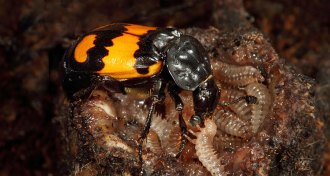 Animals
AnimalsFemale burying beetle uses chemical cue to douse love life
While raising their young, burying beetle mothers produce a chemical compound that limits their male partner’s desire to mate.
-
 Science & Society
Science & SocietyEverything you ever wanted to know about hair — and then some
'Hair: A Human History' details the surprising role hair has played in human history.
By Meghan Rosen -
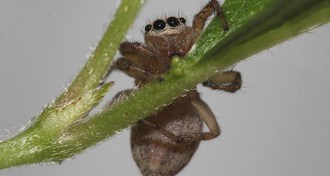 Animals
AnimalsSpider diet goes way beyond insects
Veggie-eating spiders have been found on every continent except Antarctica, a new study notes.
-
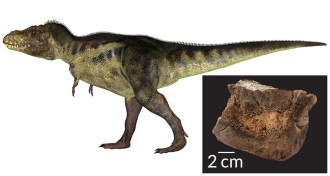 Paleontology
PaleontologyHow to tell if a T. rex is expecting
A “pregnancy” test for tyrannosaurs relies on chemical analyses of medullary bone, a reproductive tissue found in female birds.
By Meghan Rosen -
 Humans
HumansPacific islanders got a double whammy of Stone Age DNA
Neandertal and Denisovan genes influence the health of present-day Melanesians.
By Bruce Bower -
 Life
LifeHow Paralympic sprinters lose speed on curves
Amputee runners may lose more speed on curves when the leg on the inside of the curve is the one bearing a prosthetic, a biomechanics study finds.
-
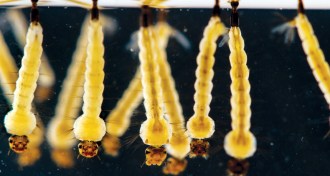 Health & Medicine
Health & MedicineEfforts to control mosquitoes take on new urgency
The major mosquito that is spreading Zika virus has quirks that make it one of the toughest to fight.
By Susan Milius -
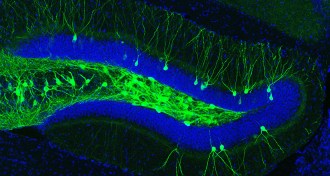 Neuroscience
NeuroscienceLost memories retrieved for mice with signs of Alzheimer’s
Using light, scientists coaxed a forgotten memory from the brains of mice with Alzheimer’s-like symptoms.
-
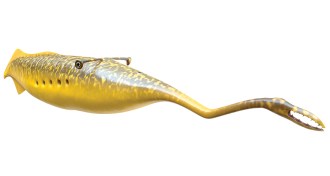 Paleontology
PaleontologyTrue nature of ‘Tully monster’ revealed
The identity of a 300-million-year-old enigmatic creature known as the “Tully monster” is a mystery no longer.
By Meghan Rosen -
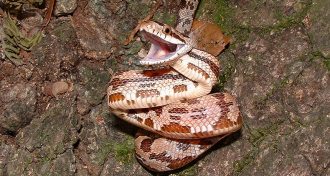 Animals
AnimalsPlain ol’ Texas rat snakes basically match vipers for speed
Rattlesnakes and other vipers are not the fastest fangs in the West.
By Susan Milius -
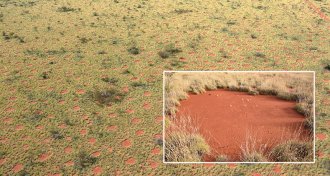 Ecosystems
EcosystemsAustralian fairy circles first to be found outside Africa
Strange patterns of grassland bald spots called fairy circles show up in Western Australia.
By Susan Milius -
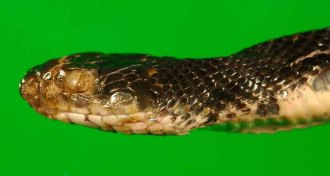 Animals
AnimalsSnake fungal disease spreading in eastern United States
A decade after snake fungal disease was first discovered, it has now been found in its 16th U.S. state.